15 Questions to Ask Before Renting a Home

Source: Getty Images
1 of
Things to know before you sign
So, you think you've found the perfect rental home or apartment and you're already measuring the drapes in your mind? Finding a new place to live can be exciting and it's easy to get caught up in the moment.
But, before you put your signature on the lease and start packing, it's important to make sure the property you're looking at really is the right place for you and your loved ones to live. That means there's some questions you need to get answered. In fact, here are 15 of the issues you need to address before signing any residential rental lease.
ALSO READ: Should You Rent of Buy a Home?
Previous
Next

Source: Getty Images
2 of
1. What's the rent?
This may seem like an obvious question, but it's important to know how much you'll have to pay on a monthly basis. You should also find out when the rent is due -- will it be the first of the month? -- how long the grace period is if you're late, and when rent increases can occur.
Typically, your rent cannot go up for the duration of the lease term, but if you have a short-term lease, the landlord can increase the rent on a periodic basis if your lease allows it.
Previous
Next
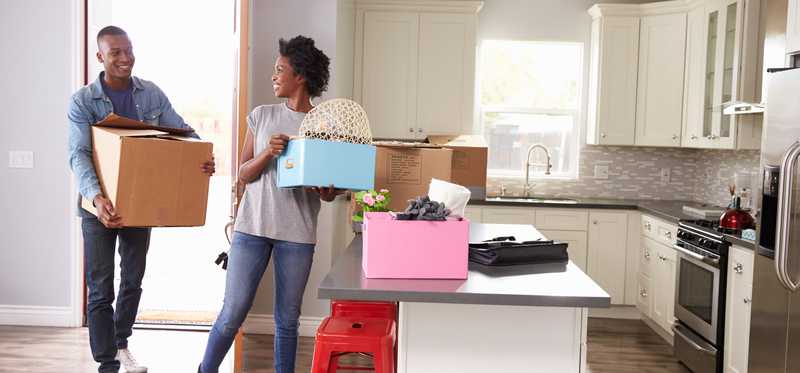
Source: Getty Images
3 of
2. How much do you need to move in?
Most landlords require you to pay more than just the first month's rent when you move in. In fact, you typically need to come up with first and last month's rent as well as a security deposit. Depending upon the monthly rent you'll be paying, this can be a significant sum of money.
And, landlords may ask for even more, requesting an additional deposit if your credit isn't great or if the building is in-demand. Deposits may sometimes be negotiable, so if the upfront costs are too high, ask your landlord if there's flexibility.
Previous
Next

Source: Getty Images
4 of
3. Do you need a guaranteer?
Your landlord will almost definitely do a credit check and will want proof of income from you. In some cases, landlords will decide you can't qualify on your own and will ask you to get someone to guarantee the loan for you.
A guaranteer agrees to be responsible if you don't pay the bills, which is a big financial risk for whomever signs your guarantee. If you can avoid having a guaranteer, all the better as you won't have to put a family member or friend in a difficult position of putting their credit on the line for you.
Previous
Next

Source: Getty Images
5 of
4. Who pays for utilities?
Finding out what utilities are included is absolutely essential. Ask about water, sewer, gas, garbage pickup, Internet, and cable TV. You'll also want to find out how heat is provided if you're responsible for paying for it.
“Heating can be expensive,” advised Maggie Fanney, a real estate agent with Triplemint. This is especially true if the rental has electric heating or if there's a baseboard heater instead of a radiator. “If you're on the hook for your electric heating bill, your bill may end up $100s higher than you anticipated,” she warned.
ALSO READ: Is It Cheaper to Buy or Rent Your Home? Here's the Real Answer
Previous
Next
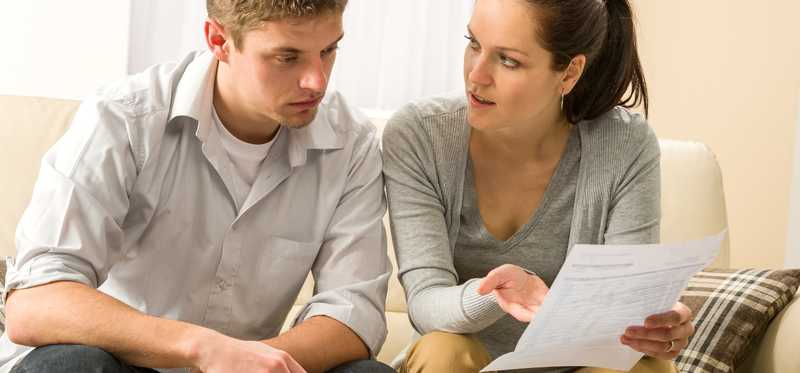
Source: Getty Images
6 of
5. Are there any other fees you'll have to pay
Knowing your total monthly cost is key to determining if an apartment will fit in your budget, so don't assume utilities are the only expenses you'll have to pay.
“Many larger apartment buildings have fees for parking, pets, and amenities,” advised Justin Paulhamus, vice president and associate broker at M Squared Real Estate. These fees could add several hundred dollars a month to your bill and you don't want to be surprised when you move in to find you can't afford parking or access to that awesome gym or rooftop pool.
“Try to negotiate these fees and you can sometimes shave off some of the cost,” Paulhamus advised.
Previous
Next
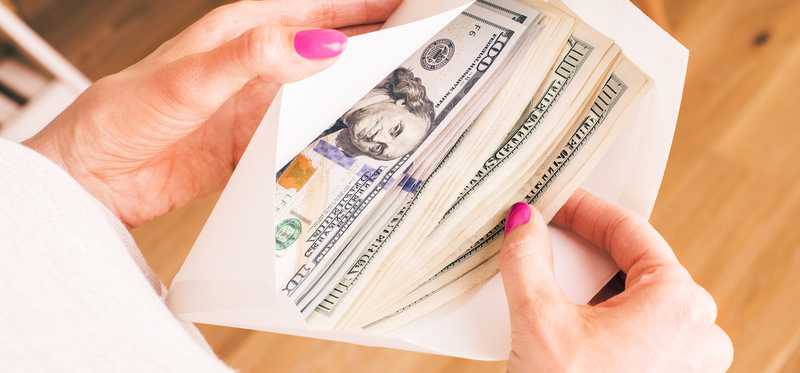
Source: Getty Images
7 of
6. What does the lease say about the security deposit?
As a condition of moving in, you'll almost definitely need to put down a security deposit in case you damage the place. Find out exactly how much that deposit is. You also want to know when your landlord can keep your deposit.
Typically, your state's landlord-tenant laws set basic guidelines regarding when your landlord needs to return your deposit and under what circumstances your landlord can take deductions for repairs. However, make sure your lease doesn't include any special provisions giving your landlord more power to retain your money.
“A lease may include additional situations under which the landlord will keep the deposit,” explained Kristina L. Paulter, a real estate attorney with Cornerstone Law Firm, PLLC. “You want to know what the situations are before signing the lease to ensure you are able to get the deposit back when you move out.”
Previous
Next
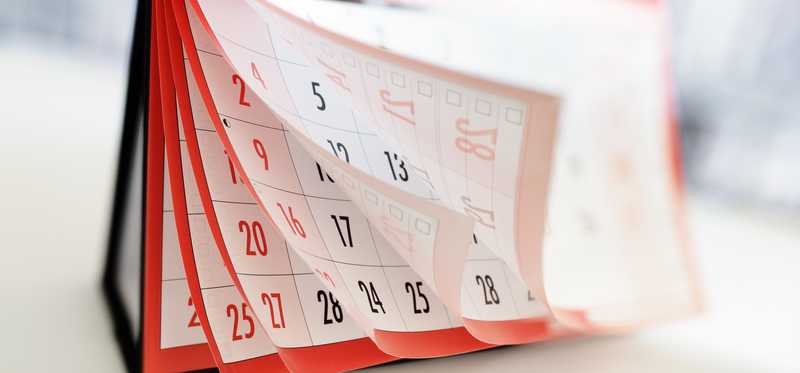
Source: Getty Images
8 of
7. What's the lease term?
While many residential leases last for 12 months, don't automatically assume that your lease will last a year. Find out specifically how long your lease term is because you'll be obligated for rent for the duration -- and protected from changes such as the landlord raising rent.
While a month-to-month lease can give you much more flexibility, you're vulnerable to a landlord evicting you or raising rent soon after you move in. A longer lease provides more peace of mind that your housing situation will be stable. If you plan to stay put, you may even want to ask if the landlord would be open to a multi-year lease.
Previous
Next

Source: Getty Images
9 of
8. Is there a release clause if you need to get out of the lease?
While you should plan to stay for the duration of your lease, sometimes life happens. If you need to vacate your apartment before you anticipated, you could be on the hook for rent until the landlord finds a new tenant.
State laws vary and, while most states require landlords to mitigate damages by looking for a new renter, this isn't the case everywhere. In New York, for example, your landlord has no obligation to try to find a new tenant so you could be stuck paying until the lease ends.
A release clause in your lease dictates what happens if you have to break your lease, allowing you to leave early if you pay a small fee and -- in some cases -- find a tenant to replace you.
ALSO READ: Renting Out Your Home? 3 Tax Rules You Need to Know
Previous
Next

Source: Getty Images
10 of
9. What happens if the landlord wants to sell?
You want the peace of mind of knowing you can stay put at least until the end of your lease, so it's important to find out what happens if the building changes ownership.
“Some leases provide that you must vacate upon 30 days notice of the rental going under contract,” warned Antonella Colella, a real estate broker and real estate attorney with Snyderman Law Group, P.C. “You may be able to stay if the new owner desires to continue renting out the home as an investment property. But, even if the new owner wants to keep renting to you, they can increase your rent.”
The good news is, this is something you can negotiate upfront when signing your lease, according to Colella. If there's a risk of your landlord selling out, make sure the lease protects you.
Previous
Next

Source: Getty Images
11 of
10. Are pets welcome -- and is there an extra charge?
Your pets are family too, so make sure your new rental home or apartment will be welcoming to non-human tenants.
Find out if there is a pet deposit as well as restrictions on the number or type of pets you own. For example, some apartments will allow dogs but not puppies, and others will restrict you to one or two pets total.
Previous
Next

Source: Getty Images
12 of
11. Who is responsible for maintenance and repairs?
Things inevitably break in rental units, and it's important to know what happens when they do.
"Confirm with the landlord who is responsible for what,”advised Angat Saini, principal lawyer and founder of Accord Law. “Many of the calls we get from tenants involve disagreements over who pays for things like repairs to appliances, the cost of utilities, the cost for light bulbs, and regular maintenance of the property.”
You also need to know exactly what appliances and fixtures the landlord must maintain. “Florida law only requires the landlord to provide heat, not air conditioning.” warned Paulter. “If the lease doesn’t specify who will be responsible for repairing the AC, don’t assume the landlord will have to do it. If something is not specified in the lease or covered by landlord/tenant laws, it’s difficult to force a landlord to repair it.”
Previous
Next
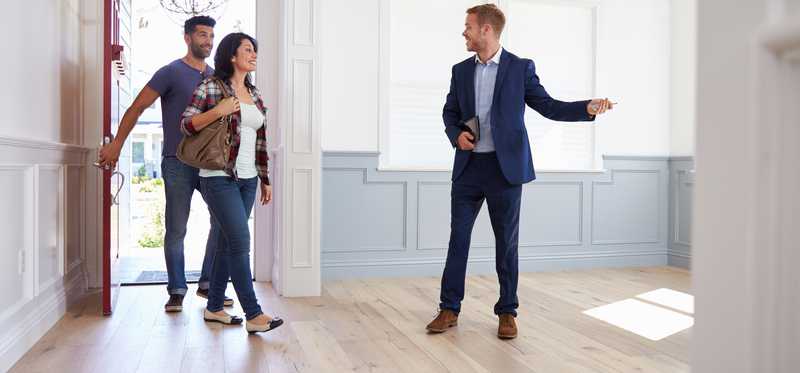
Source: Getty Images
13 of
12. Are there rules for guests?
Are you thinking your boyfriend or aging parents might join you in your rental once you've moved in? Make sure to check what your lease agreement says first.
“Some agreements allow for additional guests for an express period of time, some require approval after a certain number of days, and some charge additional money after a certain number of days,” advised Greg Bryan, a broker associate and real estate attorney at GB and Associates.
“The guest terms will affect whom and how long someone can stay in your place. Worst case is a long term guest turns into a violation of the lease agreement and the landlord seeks eviction.” Bryan warned.
Previous
Next
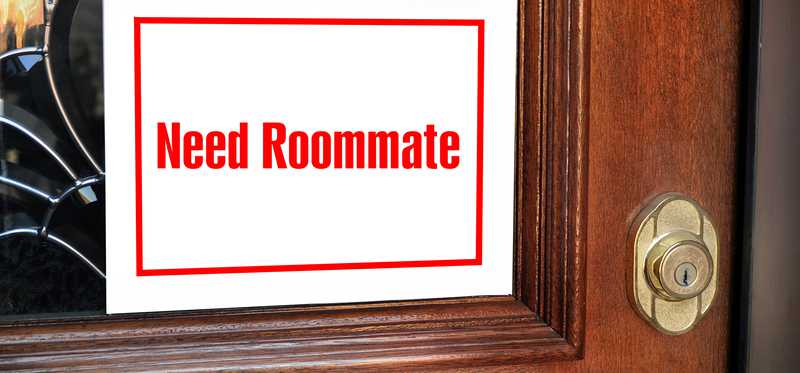
Source: Getty Images
14 of
13. Are you allowed to sublet or rent out your place?
Leases frequently contain restrictions on subletting or short-term rentals of either your entire rental or rooms within it. If you want a roommate or to offer your apartment as a vacation rental, it's important to understand any limitations.
“People go into a lease agreement looking to either AirBNB their place some of the time, or wanting to sublet certain additional rooms, or short-term lease it while on vacation,” Bryan said. “Failure to ask this question can result in a landlord eviction where someone violates the lease by subletting when not allowed to do so.”
ALSO READ: 5 Ways to Afford Your First Home
Previous
Next
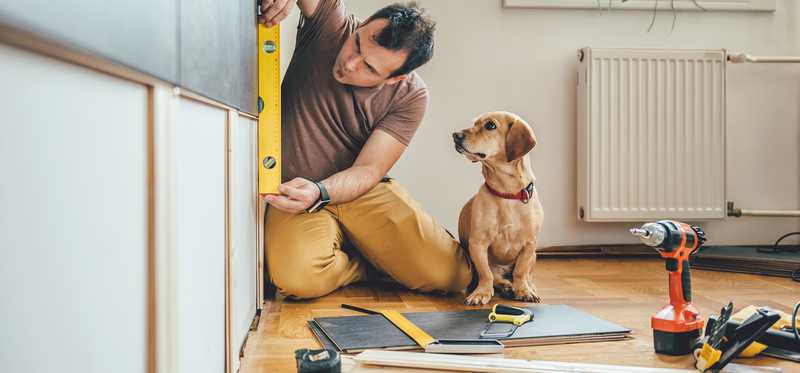
Source: Getty Images
15 of
14. What will the landlord do to get the unit ready for you?
You probably want to move into a rental that's in great shape -- but don't assume your landlord will always have the place move-in-ready.
Find out if the landlord will be repainting the walls, replacing the carpet, and giving the unit a good cleaning. If you want these things done, it's best to negotiate before you sign the lease when you have more leverage.
You should also check out the condition of any appliances in the unit before you move in. If they're old and getting near the end of their life, ask if they'll be updated or if you'll have to live with the old stuff and hope it works.
Previous
Next
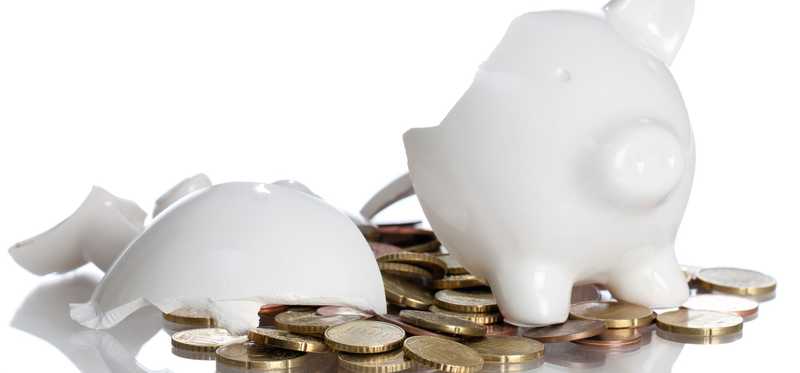
Source: Getty Images
16 of
15. Is renter's insurance required?
Some landlords require renters to insure their spaces. If your landlord does, you need to know so you can plan for this added expense.
“Renter's insurance is an additional cost, but it's often worth it, especially if living in a multi-unit complex,” Bryan advised. “I can't tell you how many times I have seen a flood or accident happen from someone else, the tenant then asks for reimbursement from the owner -- only to learn that they were required to have renter's insurance and the owner is not liable for damages when the tenant failed to carry such insurance.”
As Bryan explained, failure to get this clarified could cost you a fortune in damages if your upstairs neighbor's clogged sink causes a flood that damages all your possessions while you're at work or away for a weekend.
Previous
Next
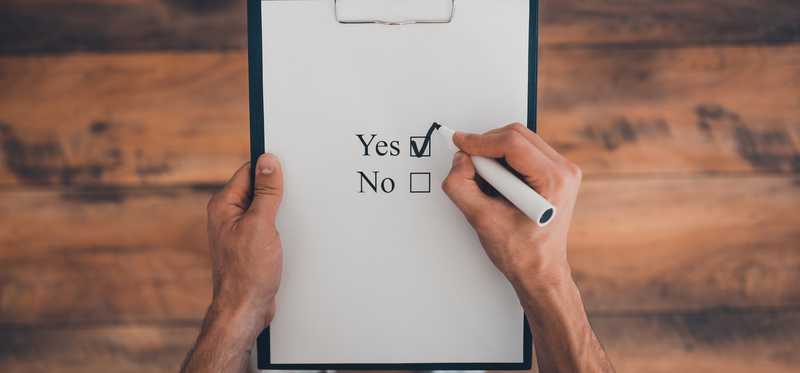
Source: Getty Images
17 of
When you get your answers -- get them in writing
Once you've asked your questions, you're ready to make an informed choice about whether to move in -- but you must ensure the lease addresses all the issues you've raised.
“Make sure that all the landlord’s obligations are written into the lease,” advised Thomas J. Simeone, an attorney with Simeone & Miller, LLP. “ Any verbal promises -- whether they're about making repairs, paying for utilities, or having pets -- must be in the lease to be enforceable.”
A written lease that protects your rights and spells out your obligations will protect you over the long-term so you'll move in with the peace of mind of knowing your rental really is the right place for you.
The Motley Fool has a disclosure policy.
Previous
Next

 Yahoo Finance
Yahoo Finance 